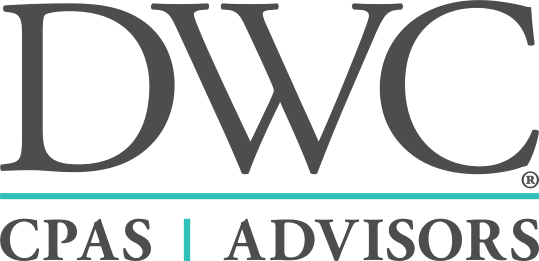Blog
The 2025 SALT Deduction Cap Increase Might Save You Substantial Taxes
If you pay more than $10,000 in state and local taxes (SALT), a provision of the One Big Beautiful Bill Act (OBBBA) could significantly reduce your 2025 federal income tax liability. However, you need to be aware of income-based limits, and you may need to take steps before year end
What’s The Right Inventory Accounting Method For Your Business?
Inventory is one of the most significant assets on a balance sheet for many businesses. If your business owns inventory, you have some flexibility in how it’s tracked and expensed under U.S. Generally Accepted Accounting Principles (GAAP). The method you use to report inventory can have a dramatic impact on
The Tax Traps of Personally Guaranteeing a Loan to Your Corporation
If you’re considering guaranteeing, or are asked to guarantee, a loan to your closely held corporation, it’s important to understand the potential tax consequences. Acting as a guarantor, endorser or indemnitor means that if the corporation defaults, you could be responsible for repaying the loan. Without planning ahead, you may
Boost Your Tax Savings By Donating Appreciated Stock Instead of Cash
Saving taxes probably isn’t your primary reason for supporting your favorite charities. But tax deductions can be a valuable added benefit. If you donate long-term appreciated stock, you potentially can save even more. Not Just a Deduction Appreciated publicly traded stock you’ve held more than one year is long-term capital
Feeling Charitable? Be Sure You Can Substantiate Your Gifts
As the end of the year approaches, many people give more thought to supporting their favorite charities. If you’re charitably inclined and you itemize deductions, you may be entitled to deduct your charitable donations. Note that the key word here is “may” because there are certain limitations and requirements your donations must
Year-End Budgeting: Where to Look For Cost-Saving Opportunities
As 2025 winds down, business owners and managers are ramping up their planning efforts for the new year. Part of the annual budgeting process is identifying ways to lower expenses and strengthen cash flow. When cutting costs, think beyond the obvious, such as wages, benefits and employee headcount. These cutbacks
Tax Court Case Provides Lessons On Best Recordkeeping Practices For Businesses
Running a successful business requires more than delivering great products or services. Behind the scenes, meticulous recordkeeping plays a crucial role in financial health, compliance and tax savings. Good records can mean the difference between successfully defending a deduction and losing valuable tax breaks. A recent U.S. Tax Court decision
Putting a Value On Tangible Property Donations
If a donor suddenly offered your not-for-profit a residential property, antique jewelry or inventory from a business, would you know how to value it? Perhaps you don’t receive these types of contributions often, but you also don’t want to turn them down. If a property donation relates to your organization’s
5 Potential Tax Breaks To Know Before Moving a Parent Into a Nursing Home
Approximately 1.3 million Americans live in nursing homes, according to the National Center for Health Statistics. If you have a parent moving into one, taxes are probably not on your mind. But there may be tax implications. Here are five possible tax breaks. 1. Long-Term Medical Care The costs
An ILIT Can Protect Life Insurance Proceeds From Estate Tax
Life insurance is often a cornerstone of estate planning, providing liquidity to cover estate taxes, debts or other obligations. However, life insurance proceeds generally will be included in your taxable estate if you own the policy outright. So if your estate is (or in the future might be) large enough










